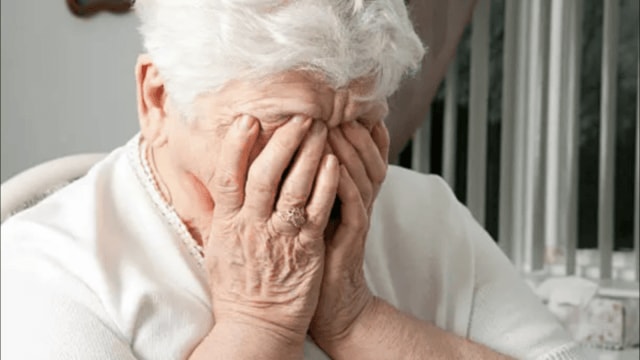Click here to join Express Pune WhatsApp channel and get a curated list of our stories
When the night never ends: Study links artificial light exposure to accelerated dementia symptoms
‘From night-shift workers and late-night students to anyone scrolling endlessly through their phones, many of us are now living under near-constant artificial light’.
 Artificial light and sleep disruption can worsen age-related neurodegeneration, according to a Delhi University study. (File)
Artificial light and sleep disruption can worsen age-related neurodegeneration, according to a Delhi University study. (File)“Protecting our natural circadian rhythm could be one of the simplest yet most effective ways to reduce long-term brain damage. It reminds us that something as ordinary as light, when misused, can have extraordinary consequences for our mental health” — Prof Surajit Sarkar, department of genetics, DU’s South Campus
A study by researchers at Delhi University (DU) shows how light pollution disrupts sleep and speeds up neurodegeneration.
“For the first time we have demonstrated that sleep deprivation due to factors like increased light pollution or other lifestyle disruptions can lead to an earlier and more severe development of age-onset brain diseases such as Alzheimer’s and Parkinson’s,” Prof Surajit Sarkar, department of genetics at DU’s South Campus, told The Indian Express.
Findings of the study have been published in the international neuroscience journal ‘Neurochemistry International’. Prof Sarkar said their findings suggest managing sleep properly could significantly delay or reduce the impact of these debilitating diseases, highlighting the importance of sleep for brain health.
Dementia and other age-related brain disorders have become a major global health challenge with Alzheimer’s disease alone responsible for over three-quarters of all cases among older adults worldwide. In India, the number of people living with dementia is expected to surge to around 14.3 million by 2050, according to studies.
Characterised by symptoms such as memory loss, confusion, social withdrawal and difficulty performing everyday tasks, neurodegenerative disorders result from the irreversible loss of neurons in the brain.
The study found that disrupted sleep, triggered by continuous exposure to artificial light or “light pollution”, can hasten the early onset and worsen the severity of dementia-related symptoms.
According to Prof Sarkar, these findings shed new light on how modern lifestyles, especially in brightly lit urban environments, may be quietly undermining brain health.
“Light is much more than just a signal for day and night,” the researchers said. “It plays a vital role in maintaining the brain’s internal rhythms.”
But in today’s world, where city lights never dim and screens glow late into the night, the brain’s delicate balance is being disrupted. This constant exposure to artificial illumination, they warn, is taking a hidden toll, particularly on people already vulnerable to neurodegenerative conditions such as Alzheimer’s and Parkinson’s disease.
In their study, researchers Prerna Aggarwal, Virender and Prof Sarkar used genetically engineered fruit flies (Drosophila melanogaster) carrying the human form of the toxic tau protein, a hallmark of Alzheimer’s disease. The team discovered that when these flies were exposed to continuous artificial light, disrupting their normal sleep patterns, their brain cells degenerated much faster. The flies showed early signs of movement difficulties and clear structural damage in brain regions that control memory, learning and sleep.
Researchers found that unhealthy light exposure acted like an accelerator pedal for tau-related disease. It significantly increased the stickiness of the tau protein, promoting the formation of large, toxic clumps that choke neurons at a much faster rate. Although abnormal light exposure has long been linked to disrupted circadian rhythms and disturbed sleep-wake cycles, the latest study points to its possible role in worsening the molecular and cellular changes that drive neurodegeneration.
The researchers, however, said more research is needed to fully understand how light pollution intensifies disease progression at the cellular level. “From night-shift workers and late-night students to anyone scrolling endlessly through their phones, many of us are now living under near-constant artificial light,” Prof Sarkar cautioned.
“Protecting our natural circadian rhythm could be one of the simplest yet most effective ways to reduce long-term brain damage. It reminds us that something as ordinary as light, when misused, can have extraordinary consequences for our mental health,” he said.
Click here to join Express Pune WhatsApp channel and get a curated list of our stories








